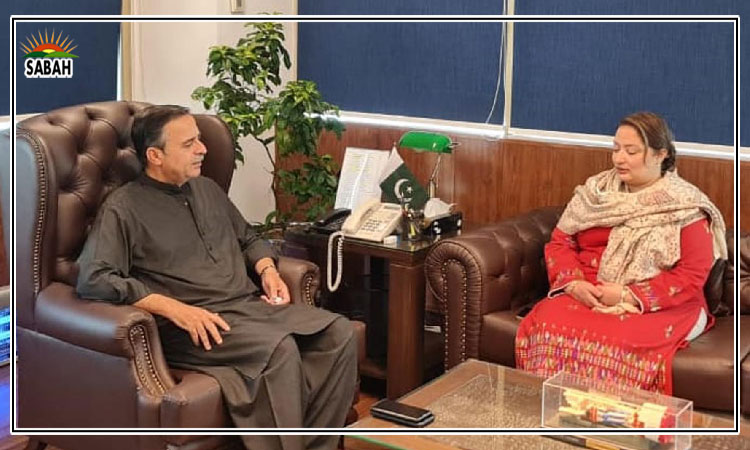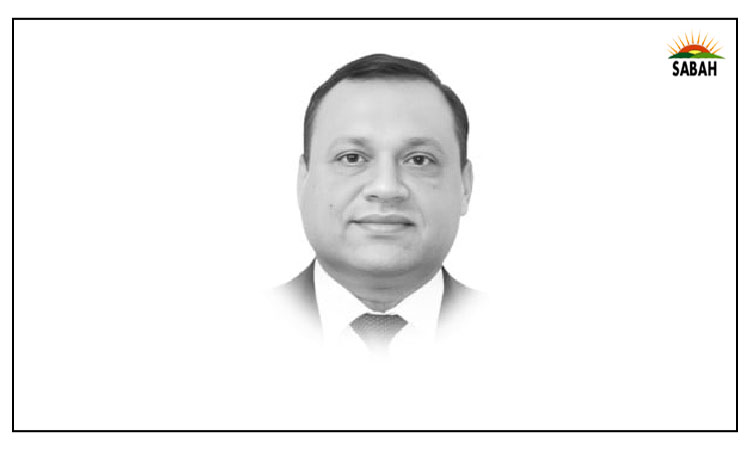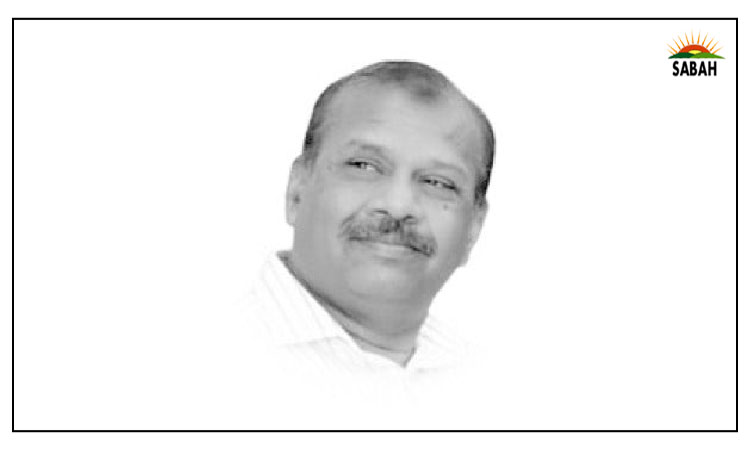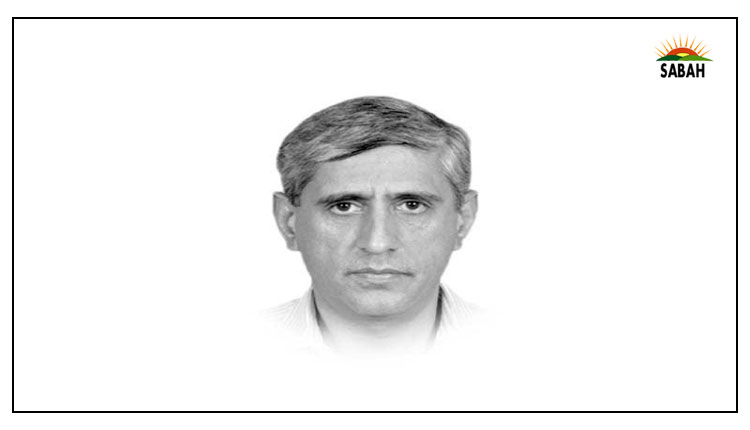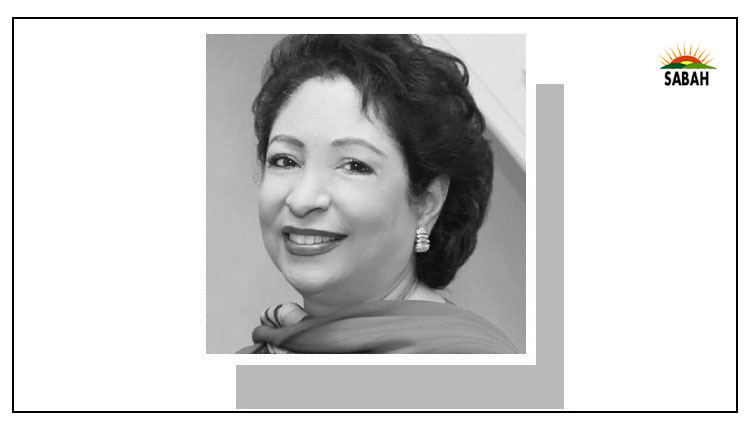A dangerous impasse…Maleeha Lodhi
A PROMISING initiative by the Jamaat-i-Islami for a dialogue between the government and opposition seemed to falter early in the process due to hardline postures and contradictory signals from both sides.
Meetings by the Jamaat leader with Prime Minister Shehbaz Sharif and opposition leader Imran Khan raised hopes that a serious effort might get underway to break the dangerous deadlock, which has left the country in a state of turmoil and chaos.
More significantly the Supreme Court provided an opportunity to political parties to forge a consensus on a common date for holding simultaneous provincial and national elections. During the hearing on the election issue earlier this week, the court invited political party representatives and asked whether they could reach an agreement, in which case it would be prepared to show flexibility on its earlier order that fixed May 14 for elections in Punjab.
The chief justice made it clear that if political parties come together the court could make room for them and change the date for elections. If not, elections will be conducted on May 14. The SC warned that time was running out to settle this dispute and it would not go back on its order for May 14 polls.
These developments came in the backdrop of rising public pressure for the ruling coalition and opposition to come to the negotiating table to end the political impasse. Many civil society organisations collectively called for talks. So did the business community through the Pakistan Business Forum. The media too has long been urging a national dialogue to break the gridlock.
It seemed a hopeful sign that senior representatives from many political parties showed up for the SC hearing in response to its call. Party leaders from the ruling coalition told the SC they were ready to talk to the opposition on the election issue. PTI leaders said they wanted elections, but this must be in line with the Constitution.
They expressed doubts about the governments sincerity, pointing to the vitiation of the atmosphere by arrests of thousands of PTI workers. The Jamaat leader proposed calling elections after Eid and recalled that confrontation between PML-N and PPP had paved the way for martial law in the late 1990s. The hearing was adjourned till next week with coalition spokesmen claiming they will pursue dialogue after Eid.
Whether or not political dynamics will then be any different urging political rivals towards compromise, the signs are not encouraging. In press conferences after the SC hearing, leaders of some parties, including PPP, sent rather negative signals.
Earlier, the Jamaat leaders mediatory efforts confronted formidable though predictable obstacles. Imran Khan constituted a negotiating team, only for a PTI spokesman to dub the talks offer as a joke in view of the governments actions. He also said there could be no talks without the establishment the real decision-maker.
For their part, PML-N and its coalition partners spent more time on political manoeuvres to circumvent the Supreme Court order on Punjab elections than directing their energy to dialogue.
In recent weeks, the government also stepped up confrontation with the judiciary. In its ruling of April 4, the apex court had instructed the Election Commission to secure funds from the government to hold provincial elections on May 14.
But the government ensured through a series of legislative moves for parliament to reject any allocation of funds. Despite three SC directives for release of funds to the ECP the government refused to comply.
This defiance put PDM on a collision course with the SC but the government cast this battle as one between parliamentary authority and a court overstepping its mandate. Combative rhetoric by PML-N ministers against the CJP including accusations of misconduct seemed designed to pressure him to step down. But this was in vain. For his part the CJP warned the governments failure to provide funds could have serious consequences.
It is now for the government to show leadership and try to reach an accord with the opposition on a common date for elections. Under the Constitution, the National Assembly will stand dissolved in August, which means the coalition government has just about four months left in its term.
This should be reason enough for it to offer a compromise to end the election dispute, which has produced unseemly clashes between state institutions and exacted a heavy toll on an ailing economy.
To continue to play for time makes little sense. If the coalition government sought time to weaken Khan, that hasnt happened. In fact, multiple cases filed against him have only helped to consolidate his political base and hardly affected his popularity.
A consensus on when elections should be held is necessary because it would also help to facilitate agreement on the code of conduct and rules of the road leading to polls. In the absence of an agreement, the polarised and fraught atmosphere will make the electoral process highly contentious, even violent. There is every possibility that the losing side will not accept the election results. Pakistan already has an unedifying history in which almost every election result has been disputed.
During the 1990s, PML-N and PPP took turns to accuse each other of winning through ballot fraud. In the 2013 polls when Khans PTI lost to PML-N, he called the election the biggest fraud in the countrys history. In the 2018 polls which Khan won, both PML-N and PPP accused his party of widespread rigging with the establishments help. This troubled background provides the most compelling case for pre-election political consensus.
The greatest risk of unrelenting confrontation between the government and opposition and ongoing institutional clashes is that they can propel the country towards a constitutional breakdown. This can have grievously destabilising consequences in the midst of an economic crisis.
It can be averted if political leaders acknowledge the risks, put partisan interests aside and reach an understanding on the election timing and how polls should be conducted. The post-Eid period will be a test of whether leaders can put the countrys interests before their own.
Courtesy Dawn


